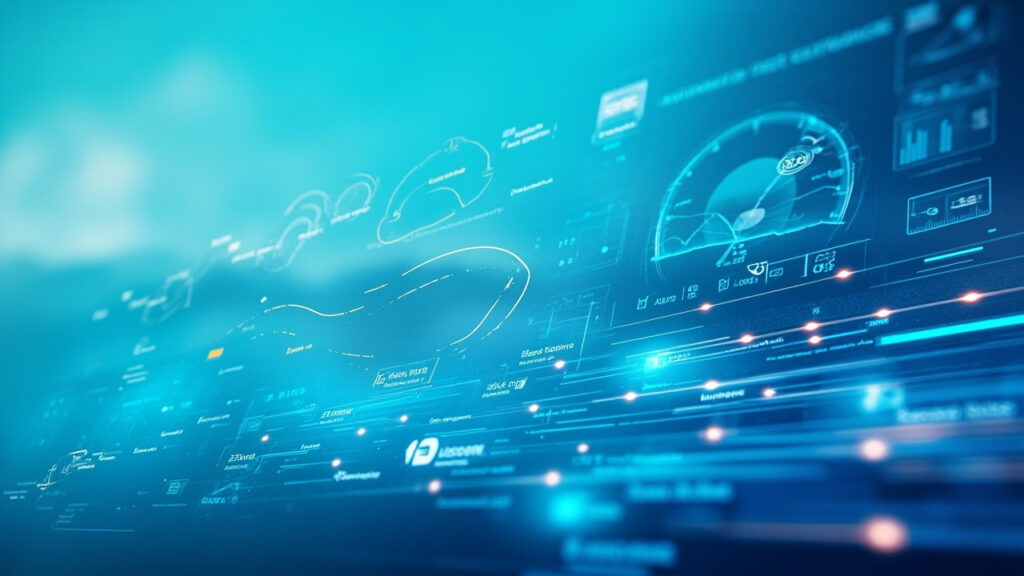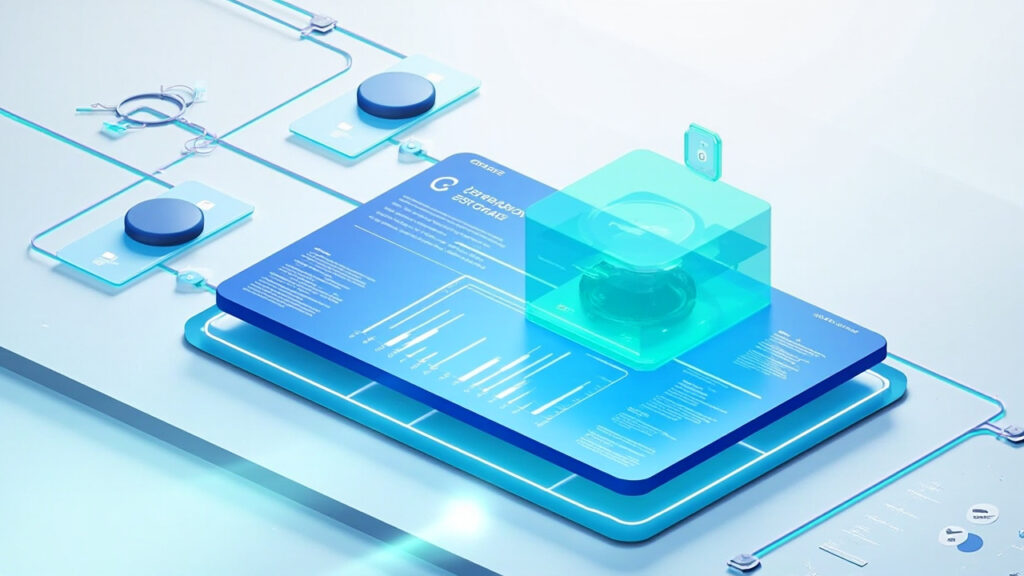In the dynamic world of software development, the quest for innovation is relentless. As applications grow increasingly complex and user expectations rise, the limitations of traditional software testing methods become starkly apparent. These methods, once the backbone of quality assurance, are now struggling to keep pace with the rapid cycles of modern software releases. This blog post explores the transformative impact of artificial intelligence on the software testing industry, highlighting how pioneering tools like GenQE are redefining standards for quality and efficiency.
The evolution of software testing has reached a critical crossroads. Developers and testers are under immense pressure to deliver faultless software rapidly and efficiently. In this detailed exploration, we will delve into the shortcomings of traditional testing methods and introduce the revolutionary capabilities of AI-driven solutions. These innovations promise not only to meet but to exceed the demands of contemporary software development. Join us as we uncover how AI can elevate testing strategies, streamline development processes, and ensure that products stand out in a fiercely competitive market.
The Limitations of Traditional Software Testing

Traditional software testing methods are increasingly seen as a bottleneck in the age of agile and continuous delivery. The manual creation and execution of test cases are not only time-intensive but also prone to errors, leading to inefficiencies that can derail entire projects.
The Challenges of Manual Testing
Manual testing requires significant human effort and time. Testers must meticulously design test cases and execute them manually, a process that is inherently slow and often becomes a project bottleneck. Moreover, manual testing struggles to keep pace with the continuous integration and deployment cycles that are typical in modern development environments, leading to delays and potential quality issues.
Inefficiencies and Inadequacies
Traditional testing methods often result in inadequate test coverage and delayed feedback loops. The slow adaptation to changes in requirements or code can lead to significant project delays and increased costs. Additionally, as applications become more complex, ensuring comprehensive test coverage manually becomes nearly impossible.
Scaling Issues
Scaling traditional testing methods in large-scale projects is a formidable challenge. As the number of features and integrations increases, the effort required to maintain and execute test suites grows exponentially. This often exceeds the resources available to testing teams, leading to compromised quality.
The Advent of AI in Software Testing
Artificial intelligence is revolutionizing the software testing landscape by introducing unprecedented levels of efficiency and intelligence. AI-driven testing tools like GenQE are spearheading this transformation, offering capabilities that significantly enhance the testing process.
AI-Driven Test Generation
GenQE harnesses AI to automate the generation of test cases. By analyzing software requirements, user behavior, and historical data, it minimizes reliance on manual test case design, thereby enhancing coverage and efficiency. This shift not only accelerates the testing process but also improves its accuracy and relevance, making testing more adaptive to project needs.
Enhancing Test Execution
AI technologies enable smarter test execution. Tools like GenQE prioritize test cases based on risk analysis, focusing efforts on areas most likely to encounter critical defects. This targeted approach helps teams maximize their testing impact while minimizing wasted effort.
Self-Healing Test Scripts
A significant innovation brought about by AI is self-healing test automation. GenQE can automatically adjust test scripts when UI elements change, greatly reducing maintenance efforts and minimizing disruptions caused by broken tests.
Integrating AI Testing into DevOps

Integrating AI-driven testing tools into DevOps practices represents a significant advancement towards achieving continuous testing and delivery. GenQE seamlessly integrates with popular CI/CD tools, enabling a more dynamic and responsive testing environment.
Seamless Tool Integration
GenQE’s compatibility with tools like Jenkins, GitHub Actions, and Azure DevOps allows teams to embed automated testing directly into their development pipelines. This integration ensures that testing keeps pace with development, enhancing product quality without sacrificing speed.
Continuous Testing and Feedback
Embedding AI-powered testing in the CI/CD pipeline enables continuous testing, which is crucial for identifying and addressing defects early in the development cycle. This continuous feedback mechanism is essential for maintaining high software quality in fast-paced development environments.
Predictive Analytics and Advanced Reporting

AI-driven testing tools offer more than automation; they provide deep insights into software quality through advanced analytics and reporting. GenQE’s capabilities in this area transform raw data into actionable intelligence.
Real-Time Insights
With GenQE, teams gain access to real-time dashboards and detailed reports that highlight trends and patterns in test results. This information is critical for making informed decisions about where to focus testing efforts and how to allocate resources effectively.
AI-Driven Recommendations
Beyond reporting, GenQE uses AI to offer recommendations on improving test cases and strategies. These insights help teams continually optimize their testing processes, ensuring they remain effective as project requirements evolve.
Case Studies and Real-World Applications

To illustrate the practical benefits of AI in software testing, consider the case of a leading e-commerce platform that implemented GenQE. The platform experienced a 50% reduction in testing time and a 40% decrease in post-release defects.
E-commerce Platform Optimization
By adopting GenQE, the e-commerce giant automated over 80% of its testing processes, significantly reducing the strain on its QA team. The AI-driven test generation and execution capabilities of GenQE ensured that the most critical areas of the application were tested thoroughly and efficiently.
Enhancing Mobile App Reliability
Another example involves a mobile app developer who used GenQE to improve app reliability across multiple devices. The comprehensive test coverage provided by GenQE ensured that the app delivered a consistent user experience on various devices and operating systems, a critical factor for user retention.
Conclusion: Embracing AI for Future-Ready Testing

As software continues to evolve in complexity and scale, traditional testing methods will increasingly fall short. The integration of AI into software testing, exemplified by tools like GenQE, represents a necessary evolution towards more intelligent, efficient, and effective testing methodologies. For organizations aiming to enhance quality, reduce costs, and accelerate development cycles, adopting AI-powered testing tools is not just an option; it is imperative.
In exploring tools like GenQE, teams can discover new possibilities for enhancing their testing strategies and ultimately, delivering better software products faster. The future of software testing is not just about automation, but intelligence, and AI is the key to unlocking this potential.
Explore how GenQE can transform your testing strategy and help you stay ahead in the competitive world of software development.
Discover More Innovative Solutions
Want to learn more about the tools and technologies discussed in this article? Explore how these innovations can be tailored to your specific needs and workflow requirements.
Our team of experts is available to answer your questions and provide personalized insights into how modern solutions like GenQE can address your specific challenges.